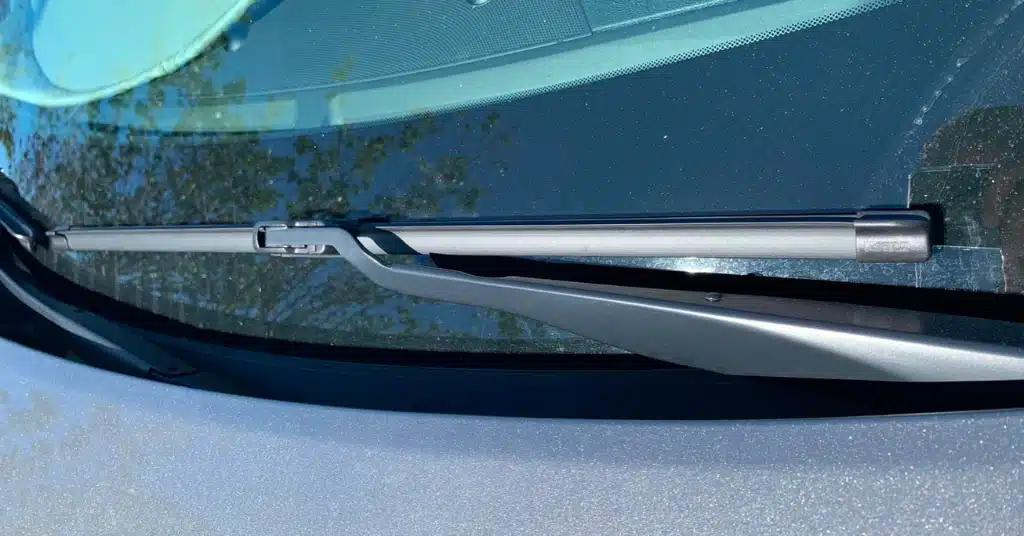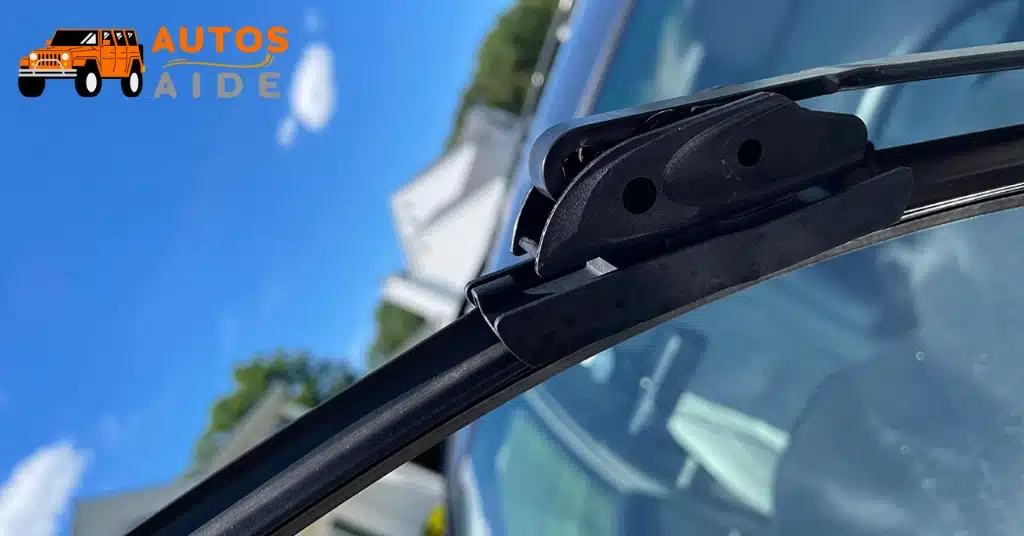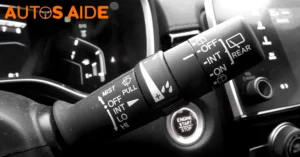You might come across some blogs online claiming that silicone wiper blades offer the ultimate escapade from crummy stock rubber wipers. Well, I’m here to tell you that it’s not much of a simple choice.
Silicone wiper blades vs. rubber have been an age-long discussion in the automotive scene. Will switching to silicone blades grant you salvation? Let’s find out how silicone and rubber blades compare in key attributes.
Silicone Wiper Blades vs. Rubber Wiper Blades

Durability
On average, you should expect a pair of wiper blades to last between six to twelve months. If you are lucky, you might also get to use the same blades for even longer. The likelihood of that is higher when you use silicone blades.
You will find conflicting information online. Some sources claim that organic rubber is stronger than silicone, while others claim the opposite. But I’m here to assure you that silicone blades are likelier to outlast rubber blades than the other way around.
Look at the most premium wiper blades from all brands. None of them are made of natural rubber. Manufacturers choose to go with silicone or synthesized rubber. In some cases, synthesized rubbers might be more durable than silicon, but they will be more expensive.
So, you can expect higher heat, ozone, and wind resistance in silicone wipers than in natural rubber wipers. Even in heavy-use scenarios, you might not see any signs of wear and tear for six to eight months.
However, I need to reiterate that silicone blades tend to be superior to natural rubber wipers. Specially treated artificial rubber can be more resilient. So, you won’t be making an upgrade by replacing vulcanized rubber blades with silicone ones.
Performance
Silicone wipers remove more rainwater than natural rubber wipers. However, they are notorious for streaking. If you have been having visibility issues with your wipers, switching to silicone blades might not help.
Silicone also tends to draw out more dirt and grime than rubber blades. This can worsen the hazing problem if your windshield has minor cracks and scratches where dirt accumulates over time.
I would say rubber blades are better to avoid foggy vision. Organic rubber blades might not be much better, but synthetic ones are a smarter choice. Silicone wiper blades exhibit good water repellency, but it doesn’t mean much if you can’t have clear vision.
What about snow removal? Silicone blades are more effective in snowy weather than rainy conditions, but they are still no match for premium artificial rubber coatings. They will crack faster than top-of-the-line rubber blades.
But silicone blades are great when it comes to fast driving performance. The wind lift is minimal in these blades. Therefore, the performance loss is minimal when the vehicle is speeding through the highway. If you want better aerodynamics, you will be happy with silicone blades.
Lubrication
Wiper blades use lubricants to move freely across the windshield. Rubber blades usually have graphite lubricants, while silicone blades have silicone lubricants. Both of these lubricants aim to minimize friction.
Graphite and silicone lubricants are pretty similar in doing the basics. They facilitate effortless wiper movement with minimal friction and are incredibly heat-resilient. However, there is one extra advantage of using silicone lubricants.
Graphite does not make the blades stick to the windshield much. For this reason, the wind highly affects wiper blades with graphite lubricants. On the other hand, silicone is stickier, so the wipers stay attached to the windshield surface more. As a result, silicone blades have minimal wind interference.
Availability
Silicone blades represent the middle ground between cheap normal rubber blades and premium synthetic rubber blades. Some manufacturers have decided to abandon silicone wipers altogether and come up with more cost-effective synthetic rubber blades.
Silicone wipers have become scarcer nowadays, but you can still find some pretty decent options. However, rubber blades are more common in the contemporary market, and you will get a wide range of variations.
Are Silicone Wiper Blades Better Than Rubber?
Silicone wiper blades are not better than premium rubber blades. However, they could be better than some stock, organic rubber blades. Brands have been working on developing more advanced synthetic rubber blades. So, synthetic rubber blades are better than their silicone counterparts.
Which Type Of Wiper Blade Is Best?
Advanced synthetic rubber blades are the best. They deliver faster water and snow removal, leave no trace behind, and withstand a vast range of temperature fluctuations. Some state-of-the-art silicone blades might come close, but synthetic rubber blades still have the upper hand, in my opinion.
How Good Are Silicone Wipers?
Premium silicone wipers can compete with the best wiper blades in the market. You can expect heavy-duty performance over a prolonged lifespan. However, the windshield clarity you will get from silicone wipers is not as good as premium synthetic rubber blades. But you can count on silicone blades for improved wind resistance.
Final Opinion
So, what’s the key takeaway from this silicone wiper blades vs. rubber wiper blades discussion? You can expect silicone blades to outperform ordinary rubber blades. But, synthetic rubber is still the leading technology in the wiper blade industry. So, if you want a genuine premium wiper blade experience, I’ll recommend synthetic rubber blades over silicone wipers.





